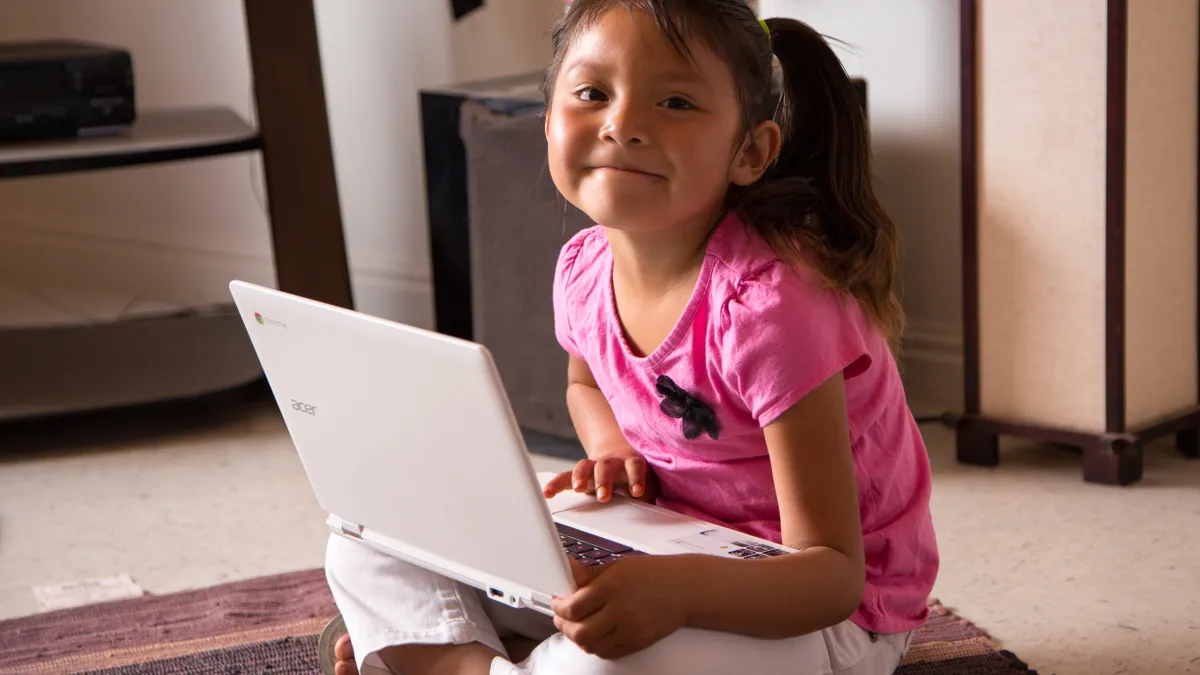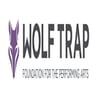Dive Brief:
- The Chan Zuckerberg Initiative has donated $30 million to support Reach Every Reader, an effort to prevent reading difficulties by screening young children and providing interventions to be used in the classroom and at home.
- Developed through a partnership between the Harvard Graduate School of Education and the Integrated Learning Initiative at the Massachusetts Institute of Technology, the web-based screener will be piloted in several districts and then widely distributed when it has become a “validated instrument,” says Elizabeth A. City, a senior lecturer on education and the director of the Doctor of Education Leadership program at Harvard.
-
The Florida Center for Reading Research and the College of Communication and Information at Florida State University are also involved in the project, and the Charlotte-Mecklenberg (NC) Schools is the first district confirmed as a participant in the pilot.
Dive Insight:
While there are already plenty of screening options available, City says the team’s goal is to “develop a world-class, cutting-edge screener that is easily administered, highly predictive, and provides information that’s useful for schools and families.” Existing tools also sometime lead teachers to make “generalizations” about student’s reading skills, which can lead them to group students by ability, she says.
In 2015, just over a third of U.S. 4th-graders scored in the proficient range in reading on the National Assessment of Educational Progress (NAEP). While some educators and researchers say NAEP’s standards are set too high, as all school leaders know, there are still significant gaps in reading achievement based on family income level and race/ethnicity. Research has shown that children who are not accomplished readers by the end of 3rd grade are significantly more likely to drop out of school.
Screening is essentially a prevention strategy — identifying areas where students might struggle with reading so teachers and parents can focus on those skills. According to the Response to Intervention Action Network, “a good screen accurately classifies students as at risk or not at risk for reading failure.”
Initially, City expects that the screener would be used once a year in kindergarten through 3rd grade. What’s different about Reach Every Reader, she adds, is that the results will be accompanied by interventions and skill-building activities for both teachers and parents. The initiative will also include materials for preschool-age children and families, as well as efforts to create “cross-institutional collaborations.”
“It’s this bundle of things that are all linked that we hope will make a significant difference for readers,” City says. “Too often, what happens now is that we hand data to teachers or families and say, ‘Now fix this,’ without providing some ideas of what to do and some support for the adults as they support the children.”








 Dive Awards
Dive Awards







